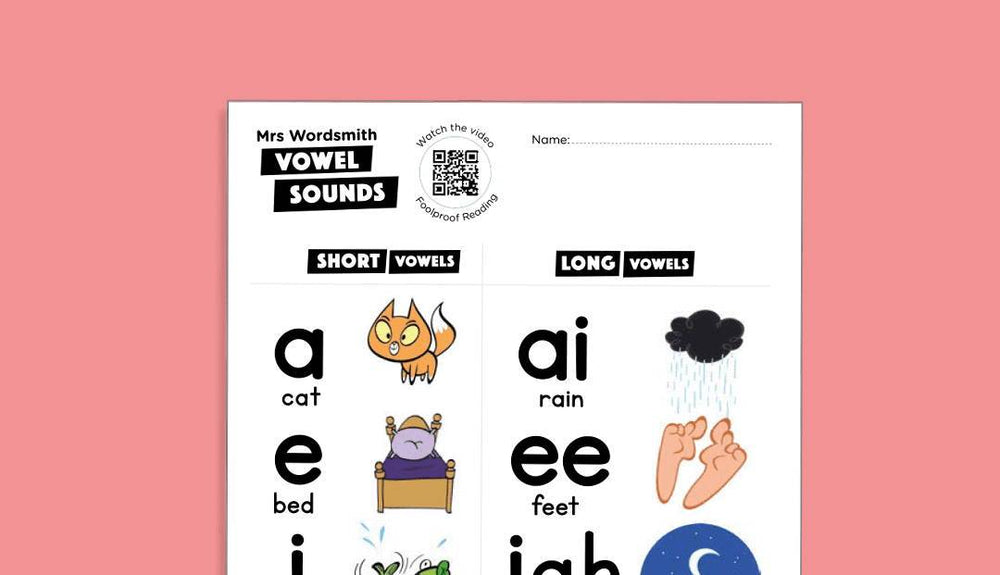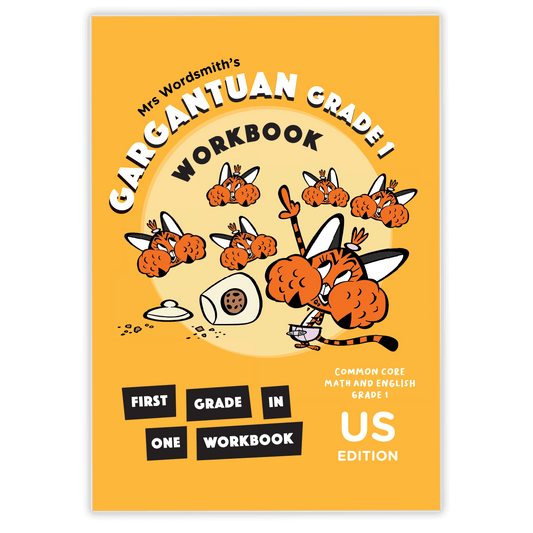OVERVIEW
An adjective is a word that describes a noun (person, place, or thing). Adjectives that have opposite meanings, like big and small, are called antonyms.
Download our The opposite of big and The opposite of happy activities below.
These activities introduce the idea of opposites (or antonyms). Which word means the opposite of big? Which word means the opposite of happy? These activities have also been designed for handwriting practice.
Common Core Alignment:
CCSS.ELA-LITERACY.L.K.5.B Demonstrate understanding of frequently occurring verbs and adjectives by relating them to their opposites (antonyms).
EXAMPLE























 https://mrswordsmith.com
https://mrswordsmith.com
Comment
Leave a comment